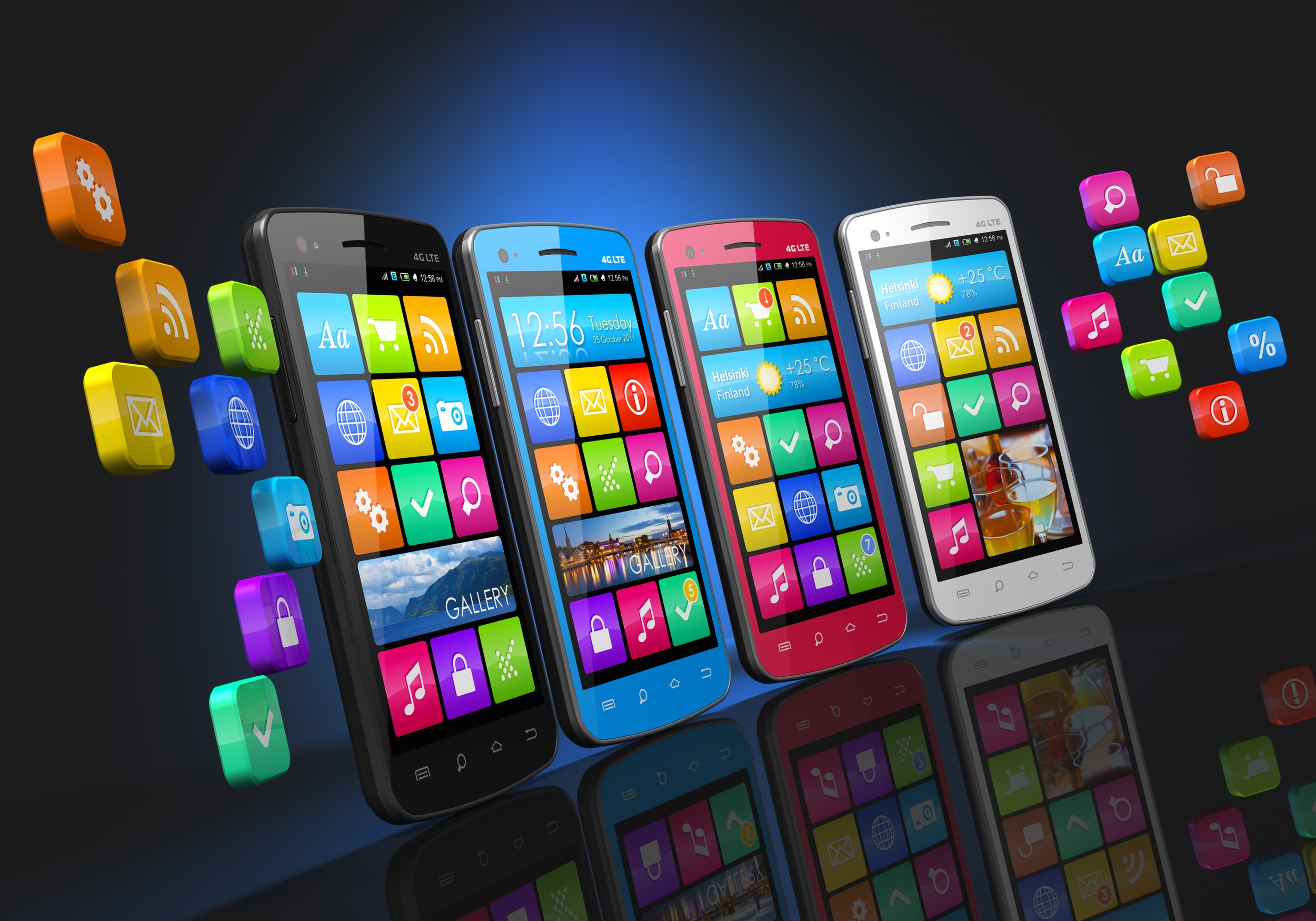In the fast-paced digital world, mobile marketing has emerged as an indispensable tool for businesses looking to engage with consumers. The ubiquity of smartphones has opened up a plethora of opportunities to reach audiences where they spend a significant portion of their time—on the go. With strategic implementation, mobile marketing can transform the way businesses interact with potential customers, providing personalized experiences that drive engagement and conversion.
Understanding Mobile Marketing and Its Importance
Mobile marketing is the art of marketing your business to appeal to mobile device users. The importance of this strategy cannot be overstated, as mobile devices are now the main point of internet access for a large segment of the population. This type of marketing is not just about making your site mobile-friendly; it’s about creating entire campaigns that are designed to engage and convert the mobile user.
The Versatility of Mobile Marketing Strategies
Mobile marketing strategies can take various forms, from SMS messages and mobile applications to responsive websites and location-based advertising. Each of these channels offers unique benefits and can be tailored to meet specific marketing goals.
SMS and MMS Marketing
SMS (Short Message Service) and MMS (Multimedia Messaging Service) are direct ways to reach consumers. They boast high open rates, making them a valuable asset for time-sensitive promotions and updates.
Mobile Applications and In-App Advertising
Mobile applications provide a dynamic platform for mobile marketing. In-app advertising can target users based on their interactions with the app, leading to highly personalized marketing experiences.
Responsive Web Design
A responsive website is crucial in a mobile-first world. Ensuring your website is optimized for all devices improves user experience and helps in search engine ranking, directly impacting the effectiveness of your mobile marketing efforts.
Location-Based Marketing
Location-based marketing utilizes a consumer’s location to deliver relevant and timely content. This strategy leverages the power of proximity to engage customers with offers and information pertinent to their locale.
Maximizing Reach with Mobile Marketing Campaigns
Successful mobile marketing campaigns must be well-planned and executed. Here’s how to maximize the reach and impact of your campaigns:
Know Your Audience
Understanding your target audience’s mobile usage patterns is crucial. Tailor your campaigns to match the user’s behavior, preferences, and devices.
Optimize for Conversion
Mobile users have less patience for cumbersome processes. Optimize your mobile presence with fast load times, easy navigation, and a straightforward call to action.
Personalize Your Messages
Personalization is key in mobile marketing. Use data analytics to deliver content that resonates with the individual user, increasing the likelihood of engagement.
Monitor and Adapt
Mobile marketing is dynamic. Regularly monitor your campaigns and adapt based on performance metrics and user feedback.
Measuring the Success of Mobile Marketing
The efficacy of mobile marketing campaigns should be measured against clear KPIs (Key Performance Indicators). Metrics such as click-through rates, conversion rates, and time spent on the page can provide insights into how well your campaigns are performing and where there is room for improvement.
Leveraging Social Media in Mobile Marketing
Social media platforms are predominantly accessed via mobile devices. Integrate social media strategies with your mobile marketing to amplify your message and foster community engagement.
The Future of Mobile Marketing
Emerging technologies like AR (Augmented Reality) and VR (Virtual Reality) are set to redefine the boundaries of mobile marketing. Staying abreast of these developments is essential to maintaining a competitive edge.
Mobile marketing is not a choice but a necessity in today’s digital landscape. Businesses must embrace the mobility of consumers and deliver marketing strategies that meet them where they are. As technology advances, the potential of mobile marketing grows, promising ever more innovative and effective ways to reach consumers on the go.
FAQs
1. How does mobile marketing differ from traditional online marketing? Mobile marketing is specifically tailored to reach users on mobile devices, taking into account the context of how these devices are used differently than desktops or laptops, including location, connectivity, and screen size.
2. What are the most effective mobile marketing tactics? Effective tactics include SMS/MMS marketing, in-app advertising, responsive web design, and location-based services. The effectiveness largely depends on the target audience and campaign goals.
3. Can small businesses benefit from mobile marketing? Absolutely. Mobile marketing levels the playing field, allowing small businesses to reach customers just as effectively as larger corporations, often at a lower cost and with more personalized communication.
